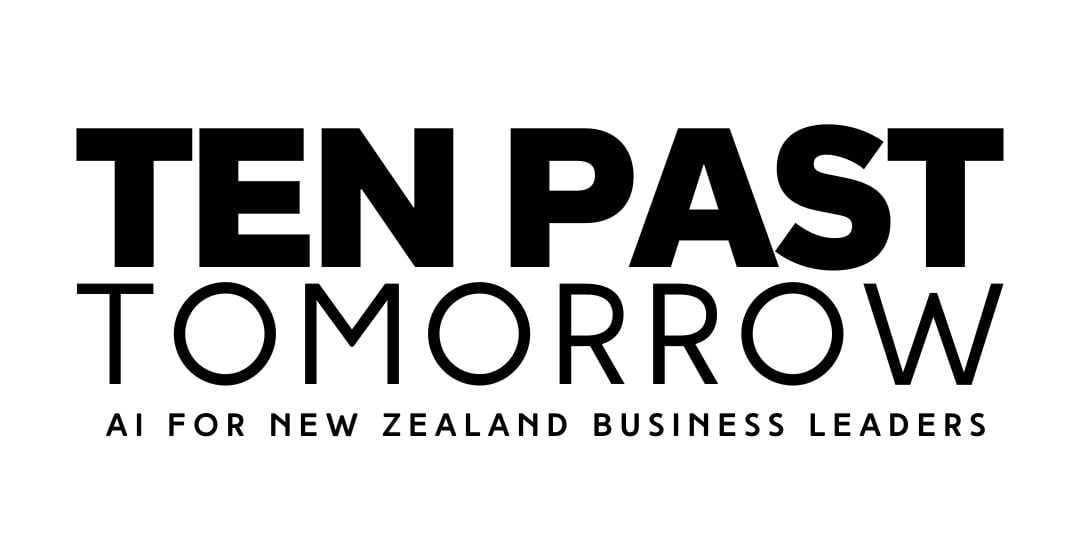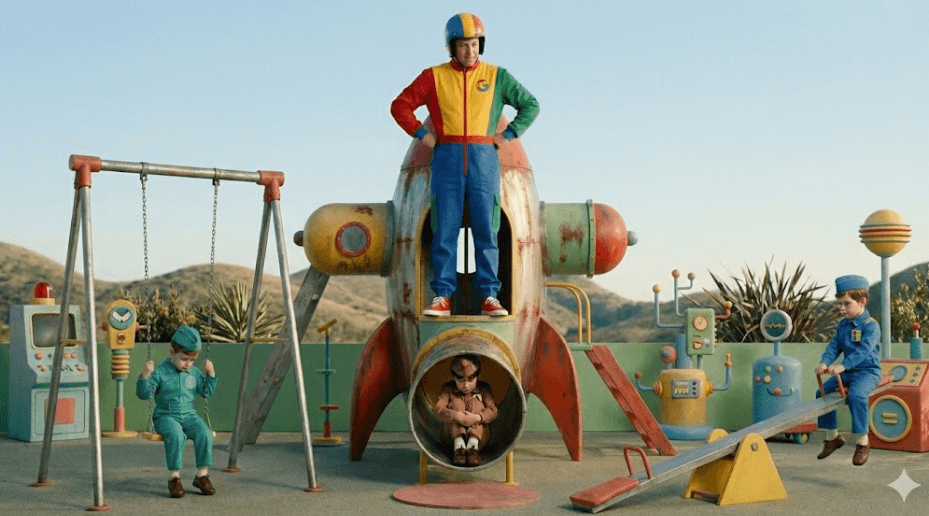Embracing A Pick and Shovel Strategy in the Age of AI
The time is ten past tomorrow, the perfect time to examine an old business adage, "sell the pick and shovel, not the gold."
It’s an adage that has held true across centuries, industries, and continents.
From the California Gold Rush, where those who sold essential mining equipment struck it rich, to the textile mills of the Industrial Revolution, where the makers of spinning jennies and power looms reaped the rewards of a booming industry, history is filled with examples of how providing essential tools and infrastructure can yield immense profits.
Even in the early days of the automobile industry, companies like Goodyear and Firestone found success by supplying indispensable components such as rubber tires.
Today, New Zealand business owners keeping an eye on AI need to be aware that a similar "pick and shovel" opportunity is emerging with the rapid advancement of generative AI technology.
Google's AI Embeds: Opportunities for Businesses
Google's recent announcement about adding AI features into all of its tools exemplifies the "pick and shovel" metaphor in action.
Lets consider what this means for a moment... ChatGPT-esque powers, directly embedded into all of Google's writing, spreadsheet and presentation tools. (Note, Google won't use ChatGPT. They'll be building these tools on top of their own PaLM language model.)
Google's integration of advanced AI features into its Workspace suite of applications (including Docs, Gmail, Slides, and Sheets) promises to simplify content creation, collaboration, and organization for users.
This development has the potential to disrupt numerous software companies that in the recent months of the generative AI goldrush have built tools for tasks like drafting Gmail emails, managing Google Sheets, or creating presentations in Slides.
As Google now rolls these features into their ubiquitous tools that businesses around the globe already use in droves, many generative AI start-up companies will likely find themselves obsolete. Very quickly.
Bad news for the panhandlers. Great news for business owners wanting the simplicity of powerful AI in the suite of software they're already familiar with.
Microsoft's AI-Powered Expansion: Navigating the New Landscape
Not to be outdone, Microsoft has announced plans to incorporate AI into their products, also embracing the "pick and shovel" strategy.
With AI completion to be added to Word, Outlook, Excel, PowerPoint, and other applications, users will soon experience enhanced capabilities across the board.
Microsoft's introduction of Microsoft 365 Copilot, a digital assistant that will offer a personalized, interactive experience tailored to each user's unique needs, exemplifies this new direction.
Microsoft 365 Copilot, powered by the same AI and NLP (natural language processing) technologies that run ChatGPT, will soon allow users to work many times more efficiently, collaborate many times more effectively, and find the answers they need many times more quickly and easily.
Just as the Google news I mentioned above is music to the ears of New Zealand business owners wanting to embed AI into their business operations, so too is this Microsoft announcement.
Preparing for the Future: Adapting to the AI-Driven World
The "pick and shovel" analogy remains as relevant in today's rapidly evolving AI landscape as it was in the Californian goldrush.
As AI giants like Google and Microsoft take the first steps to integrate advanced AI features across their product suites, generative AI start-ups that have rushed to the gold fields will soon find themselves struggling to compete.
The lesson here? By embracing the "pick and shovel" strategy, as SME business owners we can better prepare ourselves for these changes and seek out new opportunities to use essential tools and infrastructure in this AI-driven world.
Sure, as business owners, we're all going to need to compile a tech-stack of AI-enhanced tools in the coming years, to augment and enhance our business operations.
But, as we've seen in today's announcements, that AI tech-stack can likely be made much more succinct and compact by hedging our bets on the pick and shovel makers, rather than on the panhandlers.






